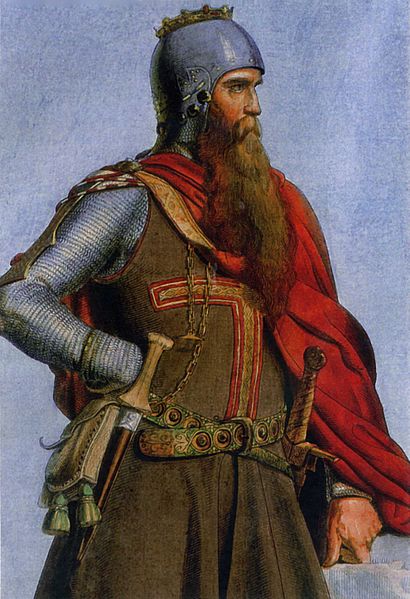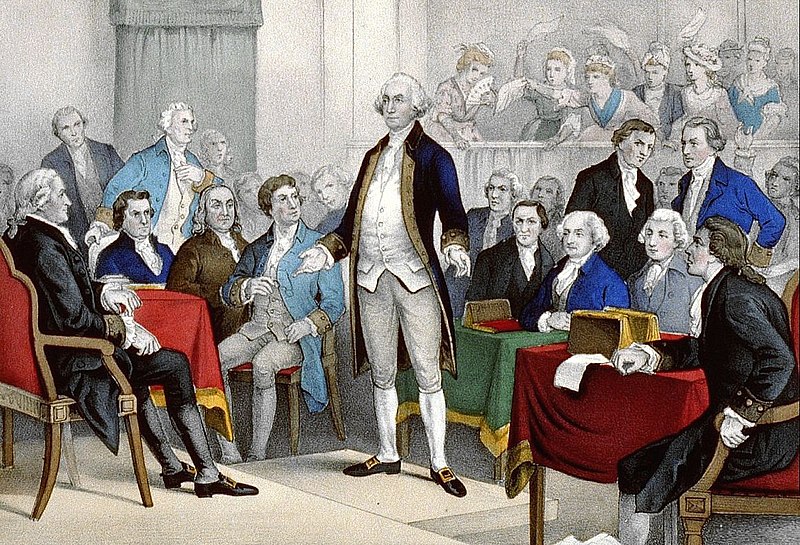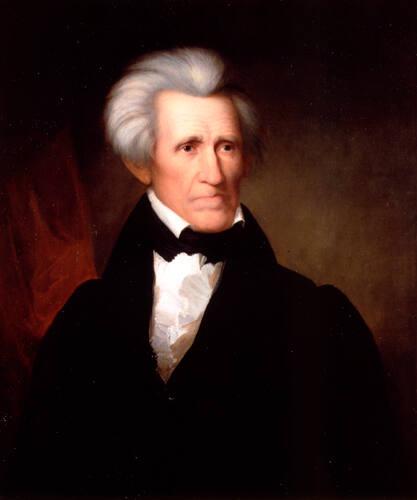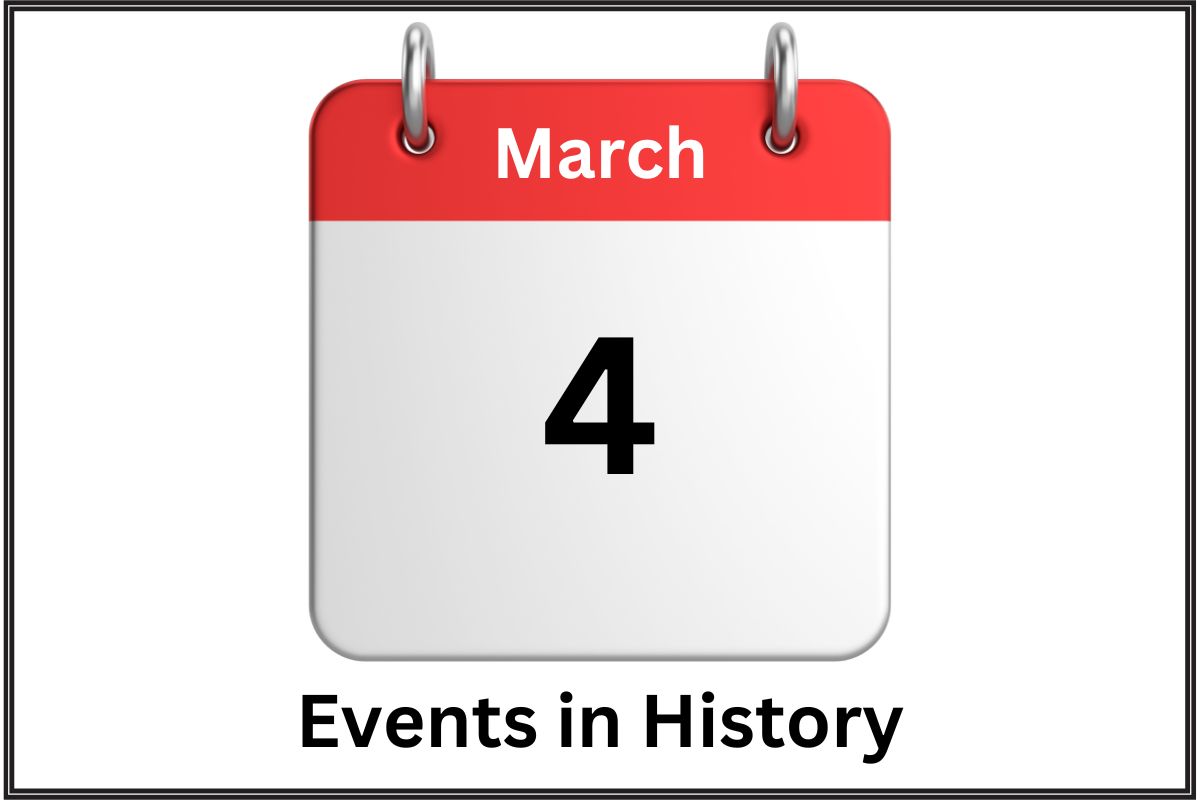This article delves into a curated list of 20 significant historical events that transpired on March 4th, presented in chronological order. From pivotal political changes and groundbreaking scientific achievements to noteworthy cultural milestones, each event is explored in detail.
The selection spans various eras and includes the election of leaders who shaped nations, the discovery and exploration of new worlds, legislative and social reforms, and moments that captured the imagination or provoked thought across the globe.
Through this exploration, readers will gain insights into the events that have left indelible marks on human history, reflecting the complexities, challenges, and triumphs that have defined our shared past.
March 4th Events in History
1152 – Frederick I Barbarossa is elected King of Germany, a significant event marking the beginning of his influential reign
Frederick I, also known as Frederick Barbarossa because of his red beard, was elected King of Germany on March 4, 1152. His reign marked the beginning of a period of significant influence for Germany within the Holy Roman Empire.
Also Read: March 3 – On this Day in History
Barbarossa’s leadership was characterized by his ambition to establish a strong and centralized imperial rule, which often put him at odds with the Pope and other European monarchs.
He led several military campaigns in Italy to expand his influence, culminating in his involvement in the Third Crusade. His efforts to unify the German principalities under imperial control were crucial in the development of the medieval German state.

1461 – The Lancastrian King Henry VI is deposed by the Yorkist Edward IV during the War of the Roses in England
On March 4, 1461, during the War of the Roses in England, a dynastic conflict for control of the throne of England, Edward IV of the House of York officially deposed Henry VI of the House of Lancaster.
This event was a turning point in the war, leading to Edward IV ascending to the throne. His rule was briefly interrupted but ultimately solidified the Yorkist control over England. The War of the Roses was characterized by a series of civil wars between supporters of the rival houses of Lancaster and York,
1493 – Explorer Christopher Columbus arrives back in Lisbon, Portugal, aboard his ship Niña from his voyage to what is now the Bahamas and other islands in the Caribbean
Explorer Christopher Columbus returned to Lisbon, Portugal, on March 4, 1493, aboard his ship Niña from his voyage across the Atlantic Ocean. This voyage marked the first of his four trips to the Americas, which were then unknown to the Old World.
Also Read: March 5th Events in History
Columbus’s return was met with acclaim as he brought news and items from the New World, including gold, spices, and captives he had taken from the indigenous peoples he encountered.
His voyages are credited with opening up the Americas to European exploration and colonization, fundamentally altering the course of world history.
1681 – King Charles II grants a land charter to William Penn for the area that will later become Pennsylvania
On March 4, 1681, King Charles II of England granted a land charter to William Penn, which included the area that is now Pennsylvania. This grant was made to satisfy a debt owed to Penn’s father, Admiral Sir William Penn.
William Penn, a Quaker, sought to establish a colony in America where his fellow Quakers could practice their religion free from persecution.
Pennsylvania became a place of religious freedom and tolerance, attracting a diverse group of settlers from various religious and ethnic backgrounds. Penn founded Philadelphia as the colony’s capital, which played a crucial role in American history.
1789 – The first Congress of the United States meets in New York City, marking the beginning of the new government under the Constitution
The first Congress of the United States convened in New York City on March 4, 1789, marking the beginning of the federal government under the newly ratified U.S. Constitution.
This significant event represented the transition from the Articles of Confederation to the Constitution as the governing document of the United States.
The first Congress was responsible for establishing many of the institutions and laws that would shape the early course of the United States, including the drafting of the Bill of Rights, the first ten amendments to the Constitution, which guaranteed essential freedoms and rights to American citizens.
The meeting underscored the formation of a new system of government based on the principles of federalism and separation of powers.

1791 – Vermont is admitted as the 14th U.S. state, the first addition to the original 13 colonies
On March 4, 1791, Vermont was admitted to the Union as the 14th state, and the first state to enter after the original 13 colonies. Vermont’s admission marked the beginning of the expansion of the United States beyond the initial group of colonies that declared independence from Great Britain.
The area that is now Vermont was previously disputed territory between New Hampshire and New York. The resolution of this dispute and Vermont’s subsequent admission as a state were significant in the early efforts to define and expand the boundaries of the new nation. Vermont was also notable for being the first state to abolish adult slavery in its constitution.
1797 – John Adams is inaugurated as the second President of the United States
John Adams, one of the Founding Fathers of the United States, was inaugurated as the country’s second president on March 4, 1797. Adams succeeded George Washington, the nation’s first president, and his inauguration represented the first peaceful transfer of power between presidents in American history, an important precedent for the young republic.
Adams had previously served as Vice President under Washington and was a significant figure in the American Revolution and the drafting of the Declaration of Independence. His presidency, marked by foreign policy challenges and domestic political tensions, set early precedents for executive leadership.
1801 – Thomas Jefferson is inaugurated as the third President of the United States, the first inauguration held in the new capital of Washington, D.C
Thomas Jefferson was inaugurated as the third President of the United States on March 4, 1801, in Washington, D.C. His inauguration was significant for several reasons, including being the first held in the new capital city of Washington, D.C.
Jefferson’s presidency is notable for the Louisiana Purchase, which doubled the size of the United States, and his efforts to maintain American neutrality during the Napoleonic Wars in Europe.
Jefferson, a principal author of the Declaration of Independence and a proponent of democracy, republicanism, and individual rights, significantly influenced the country’s direction during its formative years.
1825 – John Quincy Adams is inaugurated as the sixth President of the United States
On March 4, 1825, John Quincy Adams took the oath of office as the sixth President of the United States. His election was highly controversial, decided by the House of Representatives after no candidate secured a majority of the electoral vote—a situation known as the “Corrupt Bargain” to his detractors.
Adams, the son of John Adams, the second president, was a skilled diplomat and had served as Secretary of State under President Monroe. His presidency focused on modernizing the economy and promoting education but was marred by political strife and the strong opposition of Andrew Jackson’s supporters.

1829 – Andrew Jackson is inaugurated as the seventh President of the United States, marking the first time the inauguration is held on the east front of the U.S. Capitol
Andrew Jackson’s inauguration on March 4, 1829, was a watershed moment in American politics, marking the ascension of the “common man” to the presidency. Jackson, a war hero known for his victory in the Battle of New Orleans during the War of 1812, was the first president from the western frontier.
His inauguration symbolized the shift of political power from the established elites to the general populace. Jackson’s presidency is remembered for his staunch advocacy for the Union, his battle against the Bank of the United States, and policies leading to the “Trail of Tears,” a tragic and controversial relocation of Native American tribes from their ancestral homelands.
1849 – Zachary Taylor is inaugurated as the 12th President of the United States; however, since March 4 was a Sunday, the public ceremony was held on March 5
Zachary Taylor, a national hero of the Mexican-American War, was inaugurated as the 12th President of the United States on March 5, 1849, since March 4 was a Sunday. Taylor, known as “Old Rough and Ready,” brought a military leader’s perspective to the presidency at a time when tensions over slavery and territorial expansion were escalating.
Though a slave owner, Taylor sought to hold the Union together by not extending slavery into the newly acquired territories.
His sudden death in July 1850, after only 16 months in office, precipitated a succession crisis that further intensified the national debate over slavery and state’s rights, contributing to the sectional conflict leading up to the American Civil War.
1861 – Abraham Lincoln is inaugurated as the 16th President of the United States during the buildup to the American Civil War
On March 4, 1861, Abraham Lincoln was inaugurated as the 16th president of the United States, amid the brewing storm of the American Civil War.
His election in November 1860 had prompted the secession of seven Southern states, who opposed his policies on slavery and its expansion. Lincoln’s inaugural address sought to reassure the Southern states that he had no intention to abolish slavery where it existed but also declared secession to be illegal.
He famously concluded with a plea for reconciliation: “We are not enemies, but friends. We must not be enemies.” Despite his appeals, the Civil War began just over a month later, defining Lincoln’s presidency and leading to significant changes in American society, including the abolition of slavery.
1889 – Benjamin Harrison is inaugurated as the 23rd President of the United States
Benjamin Harrison took office as the 23rd President of the United States on March 4, 1889. Grandson of William Henry Harrison, the ninth president, Benjamin Harrison’s administration is notable for its ambitious legislative agenda, including the McKinley Tariff and the Sherman Antitrust Act, which sought to regulate monopolies.
His presidency also saw the admission of six new states to the Union, more than any other president. Harrison was known for his foreign policy initiatives, such as expanding American influence in the Pacific and advocating for the rights of American fishermen in Canadian waters.
Despite these achievements, his policies were not universally popular, leading to his defeat when he sought reelection.
1901 – William McKinley is inaugurated for his second term as President of the United States
William McKinley was inaugurated for his second term on March 4, 1901, after leading the United States to victory in the Spanish-American War, which resulted in the U.S. acquiring territories such as Puerto Rico, Guam, and the Philippines. McKinley’s presidency marked a significant period of economic growth and expansion of American influence abroad.
However, his second term was cut short by his assassination in September 1901, making him the third U.S. president to be assassinated.
His leadership is often credited with ushering in the Progressive Era, although his assassination propelled Theodore Roosevelt, his vice president, into the presidency, who would become one of the most dynamic leaders of the early 20th century.
1933 – Franklin D. Roosevelt is inaugurated as the 32nd President of the United States, during which he gives his famous “the only thing we have to fear is fear itself” speech amidst the Great Depression
Franklin D. Roosevelt was inaugurated as the 32nd president on March 4, 1933, at the height of the Great Depression, the worst economic crisis in U.S. history.
In his inaugural address, he sought to restore American confidence and declared that “the only thing we have to fear is fear itself.” Roosevelt’s New Deal, a series of economic programs and reforms, aimed at recovery from the Depression, regulating the financial system, and providing relief to the unemployed.
His policies reshaped the American government’s role in the economy and society, laying the groundwork for modern American liberalism. Roosevelt’s leadership during World War II further solidified his legacy as one of the most influential presidents in American history.
1952 – Ernest Hemingway completes his novel “The Old Man and the Sea,” a significant work in American literature
On this day, Ernest Hemingway, one of the 20th century’s most celebrated authors, completed “The Old Man and the Sea,” a short novel that would become one of his most famous works. Published in 1952, the story is a powerful, enduring tale of Santiago, an aging Cuban fisherman who struggles with a giant marlin far out in the Gulf Stream.
The novel won the Pulitzer Prize for Fiction in 1953 and was a significant factor in Hemingway’s Nobel Prize in Literature in 1954. “The Old Man and the Sea” is celebrated for its profound insights into the nature of human perseverance and is a testament to Hemingway’s skillful narrative craft and his themes of heroism and struggle.
1966 – John Lennon says, “We (The Beatles) are more popular than Jesus now,” a controversial statement that sparks widespread debate and backlash
In March 1966, John Lennon, a member of The Beatles, made a controversial statement in an interview with the London Evening Standard, claiming that the band was “more popular than Jesus now.”
This comment sparked widespread outrage, particularly in the United States, leading to radio bans and public demonstrations where Beatles records and memorabilia were destroyed. Lennon later explained that his remark was not a boast but a comment on the decline of religious influence among young people.
Despite the initial backlash, this episode is now often discussed in the context of The Beatles’ impact on culture and the changing social dynamics of the 1960s.
1974 – People magazine is published for the first time in the United States, featuring Mia Farrow on the cover
On March 4, 1974, the first issue of People magazine was published in the United States. Featuring actress Mia Farrow on the cover, in character from “The Great Gatsby,” People magazine was introduced as a weekly publication focusing on celebrity news, human interest stories, and pop culture.
The magazine quickly became a staple of American media, known for its engaging content and in-depth coverage of public figures. Its launch represented a significant moment in the evolution of celebrity and entertainment journalism, offering readers a new way to connect with the stories and personalities that fascinated them.
1987 – President Ronald Reagan addresses the American people on the Iran-Contra affair, acknowledging his overtures to Iran had ‘deteriorated’ into an arms-for-hostages deal
On March 4, 1987, President Ronald Reagan delivered a televised address to the nation regarding the Iran-Contra affair, a political scandal that had embroiled his administration. The scandal involved the secret sale of arms to Iran, which was then embroiled in the Iran-Iraq War, and the diversion of the proceeds to fund Contra rebels in Nicaragua, in violation of U.S. law.
In his address, Reagan acknowledged that his previous assertions that the U.S. did not trade arms for hostages were incorrect, although he stopped short of admitting knowledge of the diversion of funds.
This address was a pivotal moment in Reagan’s presidency, highlighting the complexities of Cold War politics and the challenges of executive oversight.
1994 – Four extremists are convicted in the World Trade Center bombing that occurred in New York City on February 26, 1993
On March 4, 1994, four extremists were convicted for their roles in the bombing of the World Trade Center on February 26, 1993. The attack, which aimed to topple the North Tower into the South Tower, killing thousands of people, ultimately killed six individuals and injured over a thousand.
The convicted individuals were associated with militant Islamist circles, and the mastermind behind the attack, Ramzi Yousef, aimed to punish the U.S. for its Middle East policies, particularly its support for Israel.
This event marked the first major terrorist attack on U.S. soil and foreshadowed the larger and more devastating attacks that would occur on September 11, 2001, bringing terrorism to the forefront of national security concerns in the United States.
